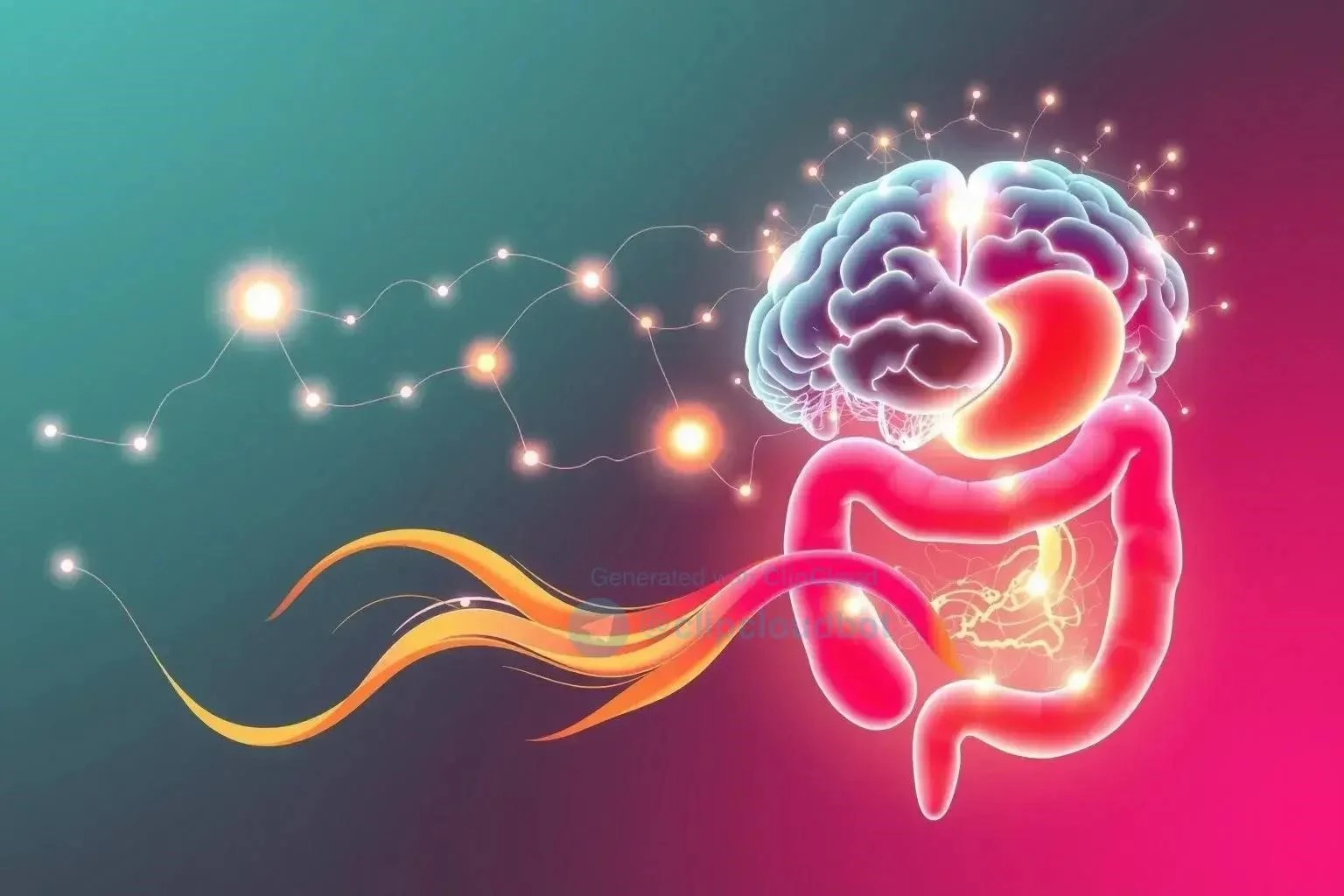The Gut-Brain Connection: How Gut Microbes Affect Mental Well-being
The intricate relationship between our gut and our brain is a rapidly evolving field of research, revealing fascinating insights into how the trillions of microbes residing in our digestive system can significantly impact our mental well-being. This complex bidirectional communication network, known as the gut-brain axis, plays a crucial role in modulating stress responses, anxiety levels, and even our overall mood. Understanding this connection opens up exciting possibilities for utilizing targeted interventions, such as psychobiotics, to promote mental health.
Gut Microbes and Stress: A Two-Way Street
Stress, a ubiquitous experience in modern life, can significantly disrupt the delicate balance of our gut microbiome. When we experience stress, our bodies release hormones like cortisol, which can alter gut motility, permeability, and the composition of our microbial community. These changes can, in turn, exacerbate stress responses, creating a vicious cycle. For instance, an increase in gut permeability, often referred to as “leaky gut,” can allow bacterial components to enter the bloodstream, triggering inflammation and further activating the stress response.
The Gut-Brain Axis and Anxiety: A Microbial Perspective
The gut-brain axis also plays a pivotal role in the development and manifestation of anxiety. Studies have shown that alterations in the gut microbiome composition, such as a decrease in beneficial bacteria and an increase in harmful bacteria, can be associated with increased anxiety-like behaviors. The communication pathways involved are complex and multifaceted, involving neural, hormonal, and immune signaling. For example, certain gut bacteria can produce neurotransmitters like GABA, which has a calming effect on the brain. Disruptions in the gut microbiome can therefore impact the production and regulation of these crucial neurochemicals, potentially contributing to anxiety.
Psychobiotics: Harnessing the Power of Microbes for Mood
The emerging field of psychobiotics explores the potential of using specific probiotics, prebiotics, and other interventions to positively influence the gut microbiome and, consequently, improve mental health. Psychobiotics are essentially “mind-altering” microbes that can influence brain function and behavior. While research is still ongoing, promising results suggest that certain strains of probiotics can reduce stress hormones, improve sleep quality, and alleviate symptoms of anxiety and depression.
The Stress-Microbiome Connection: Breaking the Cycle
Recognizing the intricate interplay between stress and the gut microbiome is crucial for developing effective strategies to manage stress and improve mental well-being. Addressing chronic stress through lifestyle modifications, such as regular exercise, mindfulness practices, and adequate sleep, can have a positive impact on the gut microbiome and help break the cycle of stress-induced microbial dysbiosis.
Probiotics for Stress Relief: A Promising Avenue
Specific probiotic strains, such as Lactobacillus and Bifidobacterium species, have shown promising results in preclinical and clinical studies for stress reduction and improved mood. These probiotics can exert their beneficial effects by modulating the gut-brain axis through various mechanisms, including influencing neurotransmitter production, reducing inflammation, and strengthening the gut barrier.
The Gut-Emotional Link: Decoding the Complexities
The gut-brain axis is not just a one-way street. Our emotional state can also influence the composition and function of our gut microbiome. Chronic stress, anxiety, and depression can disrupt the delicate balance of our gut microbial community, further exacerbating mental health challenges. Understanding this bidirectional relationship is crucial for developing holistic approaches to mental wellness that address both the mind and the gut.
Practical Tips for Supporting a Healthy Gut-Brain Axis:
- Consume a diverse, fiber-rich diet to nourish beneficial gut bacteria.
- Consider incorporating probiotic-rich foods or supplements into your diet.
- Manage stress through techniques like exercise, yoga, and meditation.
- Prioritize adequate sleep to support gut health and overall well-being.
- Limit processed foods, sugar, and artificial sweeteners, which can negatively impact the gut microbiome.
By fostering a healthy gut microbiome, we can support the optimal functioning of the gut-brain axis and pave the way for improved mental well-being. While research in this area is ongoing, the existing evidence strongly suggests that nurturing our gut microbes is a vital step towards cultivating a healthier and more resilient mind.






